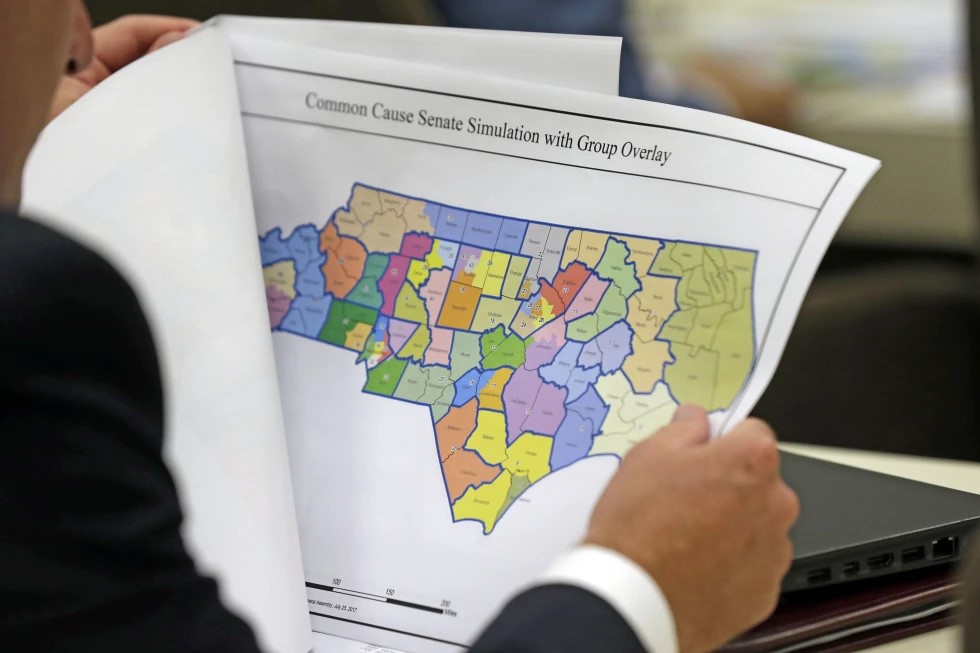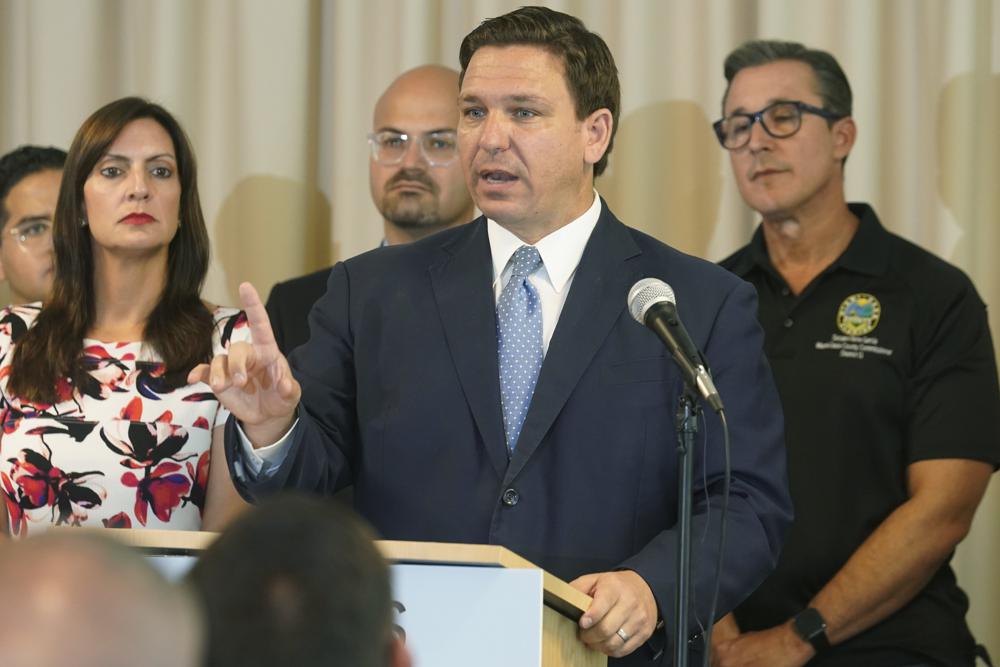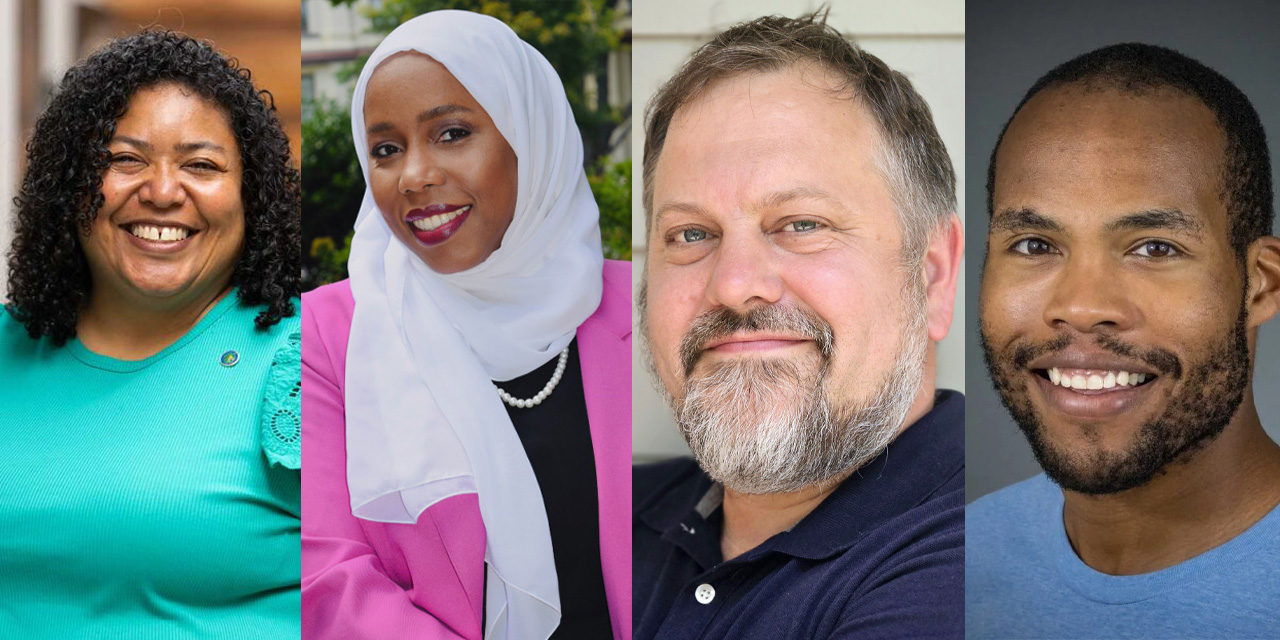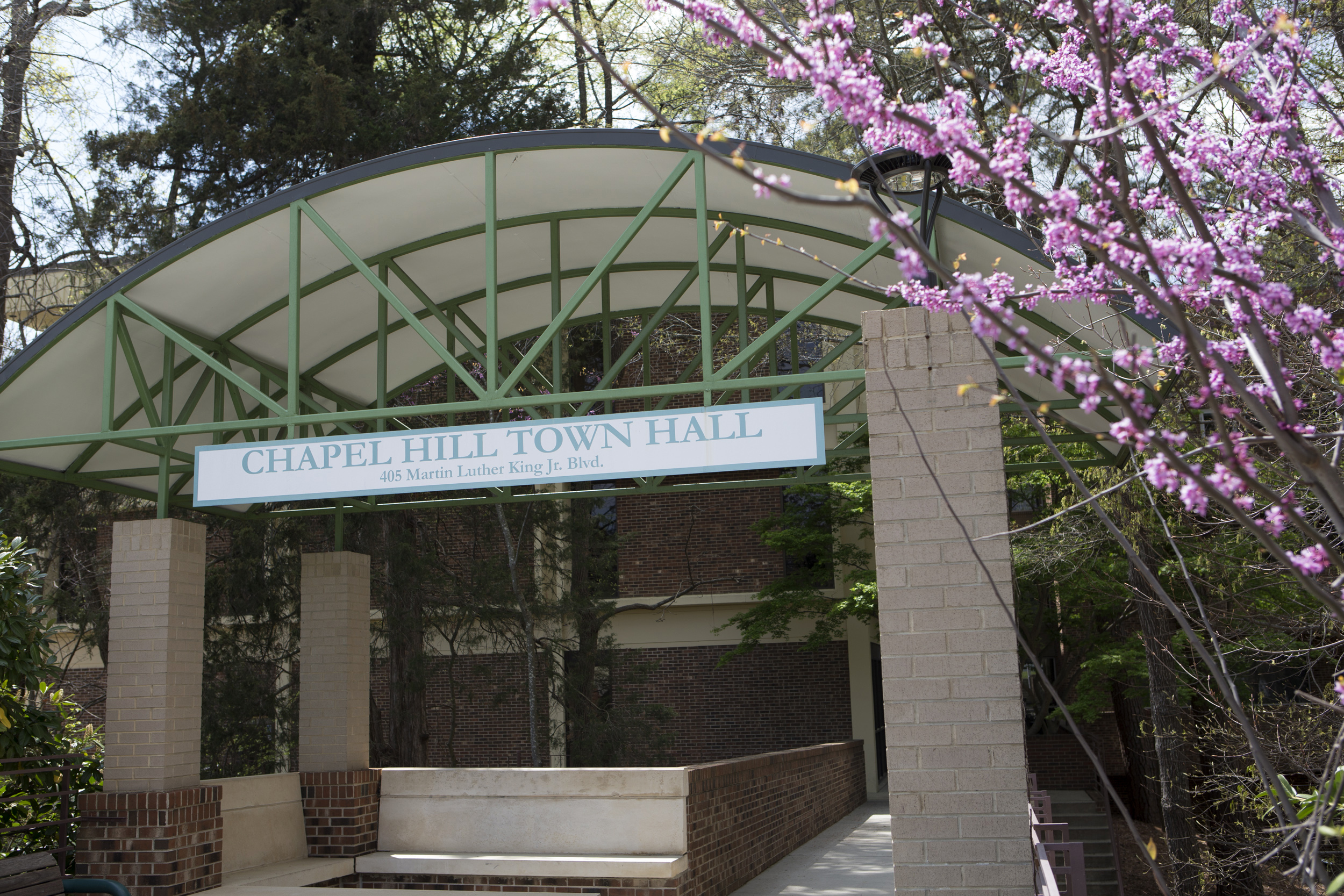The Chapel Hill Town Council is speaking out about independent redistricting. The council voted Monday for a proclamation supporting the idea, that would allow for congressional and legislative districts without gerrymandering, or blind of political consideration.
Gerrymandering happens when the lines of a district are redrawn to favor some voters and disenfranchise others. North Carolina has a long history of it.
Most recently, the map used twice to elect the North Carolina General Assembly was found to be unconstitutional by a panel of federal judges last year. Judges said 28 of the 170 legislative districts were racially gerrymandered, and gave the state until the end of 2017 to redraw the lines.
“In some ways, partisan gerrymandering is a little bit like obscenity,” said Jane Pinsky. “You can’t easily describe it, but you usually know it when you see it.”
Pinsky is the Director of the North Carolina Coalition for Lobbying and Government Reform. She said gerrymandering dates back to Governor Elbridge Gerry redistricting Massachusetts to benefit his party in 1812. But, she said some parts of gerrymandering have changed since then.
“What has gotten worse is the ability of computers to draw lines very carefully so that they can pick off one house or two houses in an area,” she said.
Pinsky spoke this week with WCHL’s Aaron Keck.
A bill is making its way through the state legislature now that could help change that. House Bill 200 is based off a similar process in Iowa, that forbids partisan factors from being used to draw districts.
Redistricting already occurs every 10 years with the census, but Pinsky said it often just ends up being decided by partisan factors.
“Voter registration in the district, the turnout in past elections, the margins of victory for someone of one party or the other, and the residence of an incumbent,” she said. “All too often we see districts drawn just so that they can pick up someone’s house or exclude someone’s house.”
Pinsky said previously, all decisions about redistricting have been kept among legislators, but she wants House Bill 200 to open up the dialogue to the public.
“They keep it bottled up and they don’t want any public discussion,” she said. “We think this is too important an issue to sweep under the rug.”
So far, the bill has 39 sponsors. It’s making its way through the House of Representatives and if passed, will then go to the Senate. The House passed a similar bill in 2011, but it was killed by the Senate. Other similar bills were shelved in 2013 and 2015.
Chapel Hill Town Council Member Sally Greene read the proclamation at the Monday meeting, and said it’s important that everyone in North Carolina be given a voice.
“Now therefore be it resolved by the council of the town of Chapel Hill that the North Carolina General Assembly should establish and immediately conduct an independent redistricting process that includes the principles of diversity, along with a partisan balance and geography in order to make sure that every vote counts in North Carolina.”
Federal court will also be looking at two other cases of partisan gerrymandering this summer. The trial will be June 26 in Greensboro.








